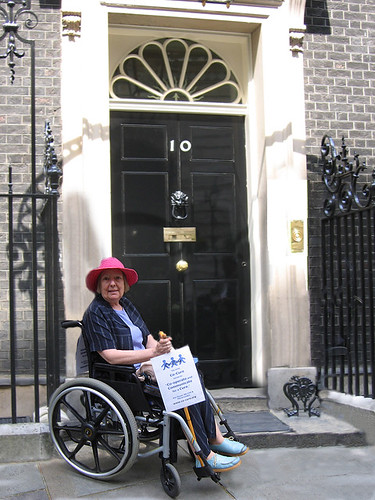John Mac
Senior Member (Voting Rights)
Article on the New Yorker Website about Incline Village and Ampligen.
https://www.newyorker.com/culture/personal-history/a-town-for-people-with-chronic-fatigue
Patients diagnosed with chronic-fatigue syndrome moved from all over the country to Incline Village, Nevada, for an experimental drug. Then the drug disappeared.
https://www.newyorker.com/culture/personal-history/a-town-for-people-with-chronic-fatigue

 Me at Number 10
Me at Number 10 Mary and me
Mary and me